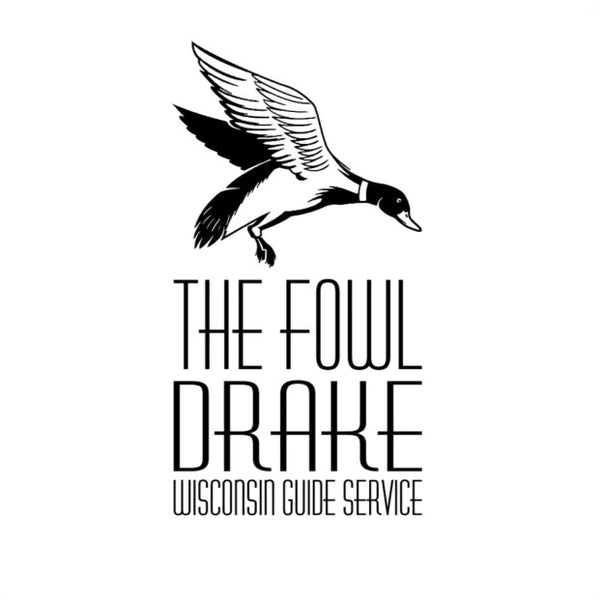Introduction
Hunting on public land can be a great way to access quality hunting areas without having to secure permission from private landowners. However, hunting on public land also comes with its own unique set of challenges. In this blog post, we will discuss some tips and strategies for hunting on public land.
Researching Public Land Areas
The first step in hunting on public land is to research the available areas in your state. Most states have wildlife management areas (WMAs) or national forests that are open to hunting during certain seasons. Check with your state's wildlife agency to find out which areas are open to hunting and what species are available.
Once you have identified potential public land areas, it is important to research the terrain and habitat in these areas. Look for areas with a mix of cover types such as open fields, forests, and wetlands. Identify potential food sources such wild rice, wild celery, or pond weed that attract game animals.
Scouting Public Land Areas
Scouting is an important part of any hunting trip, but it is especially important when hunting on public land. Start by looking for signs of game such as feathers, or finding roosting grounds and feeding fields (or water). Pay attention to the location and timing of these signs to help you identify where game is most likely to be found.
You can also use trail cameras to help you scout public land areas. (Make sure if using a trail camera in Wisconsin on Public land to get permission from the “Public Land Manager) Set up cameras near food sources or roosting grounds to capture images of game animals. This can help you to identify the size flocks and movement patterns of the wAyer Fowl in the area.
Safety and Etiquette on Public Land
Hunting on public land requires extra caution to ensure the safety of yourself and others (DON’T set up right next to another hunter). Be sure to also follow all state and local hunting regulations to avoid fines or other penalties.
It is also important to practice good etiquette when hunting on public land. Respect the rights of other hunters and hikers by keeping noise levels low and avoiding areas where others are already hunting. Always pack out any trash or other waste to help keep the land clean for future generations.
Conclusion
Hunting on public land can be a challenging but rewarding experience. By researching and scouting public land areas, hunters can increase their chances of success and enjoy quality hunting opportunities without having to secure permission from private landowners. Remember to always practice safety and etiquette when hunting on public land, and to respect the rights of other hunters and outdoor enthusiasts. Happy hunting!

